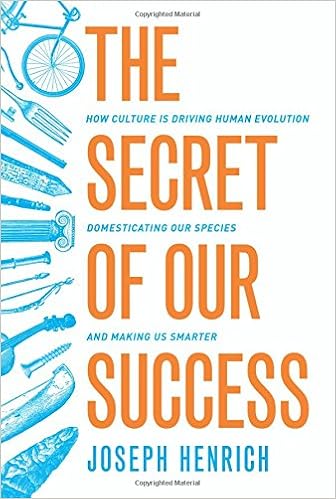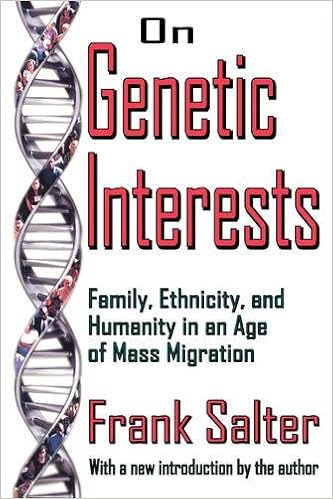"An early 21st century debate focused on whether humans are prosocial or eusocial. Edward O. Wilson called humans eusocial apes, arguing for similarities to ants, and observing that early hominins cooperated to rear their children while other members of the same group hunted and foraged. Wilson argued that through cooperation and teamwork, ants and humans form superorganisms. Wilson's claims were vigorously rejected because they were based on group selection and reproductive division of labour in humans." -- [Wikipedia].---
 |
| My review |
---
 |
| My review |
People puzzle at how human societies of thousands to millions to billions can form, how they can be stable. Some people fantasise about some mysterious genetic glue which fosters ultra-scalable human bonding, at least among co-ethnics.
 |
| My review |
I am a believer in Robin Dunbar's number:
"By using the average human brain size and extrapolating from the results of primates, he proposed that humans can comfortably maintain only 150 stable relationships."Pre-capitalist social formations (tribal federations, archaic empires, slave empires, feudal states) were invariably hierarchies based on the elite violence of family-clans. Horizontal kin-preference plus reciprocal-altruism was the glue which held society together, whether at court or in the village-hovels.
Game of Thrones.
When you do political violence to someone, you are not in a social relationship of asabiyyah with them. This is not eusociality.
---
Capitalism removed the means of livelihood from the mass of the population (the 'proletariat') and thereby forced them into the transactional relationship of wage-labour. This is a scalable fact of capitalist economics but does not depend upon some upending of the individual's interpersonal capabilities.
If each human is a node in a graph, the number of personal links per node remains less than or equal to Dunbar's number.
The web of links, however, spans the world.
---
Marxists like to talk about this as commodity fetishism, which socialism will supersede.
The 'workers councils' model is hierarchical and no-one believes in its long-term stability any more. Mass mobilisation is not sustainable, ignoring all the other difficulties such as informed choice and that irritating human lack of global altruism. Yet global coordination is necessary to mobilise the social forces of production, the future socialist global economy.
The need for a global coordination network combines with the human capacity for only a tiny number of reciprocal links. The solution is always hierarchy (at least until we subcontract everything to the AIs). And so the problems start. People are instinctively aware of them, hence the visceral urge for egalitarianism.
As the link-depth grows, relationships become remote, principal-agent problems emerge, the forces at the top of the hierarchy arrange things in their own immediate interests, the bubble re-emerges.
Capitalism addresses this inherent problem by a radical economic decentralisation: private ownership of the means of production at all scales. Coordination occurs via dynamic market-exchange.
 |
| The Marxist theory of crises |
People occasionally comment on the subsequent problems: the proletariat disproportionality suffers during the inevitable crises.
---
As János Kornai observed however, in centrally planned economies there is no countervailing, decentralising force. The links which constitute the economy are held in place, reproduced - and always for the benefit of the elite - by total surveillance backed by force.
 |
| My review |
Welcome to the human condition. The maze without an apparent exit.
No comments:
Post a Comment
Comments are moderated. Keep it polite and no gratuitous links to your business website - we're not a billboard here.